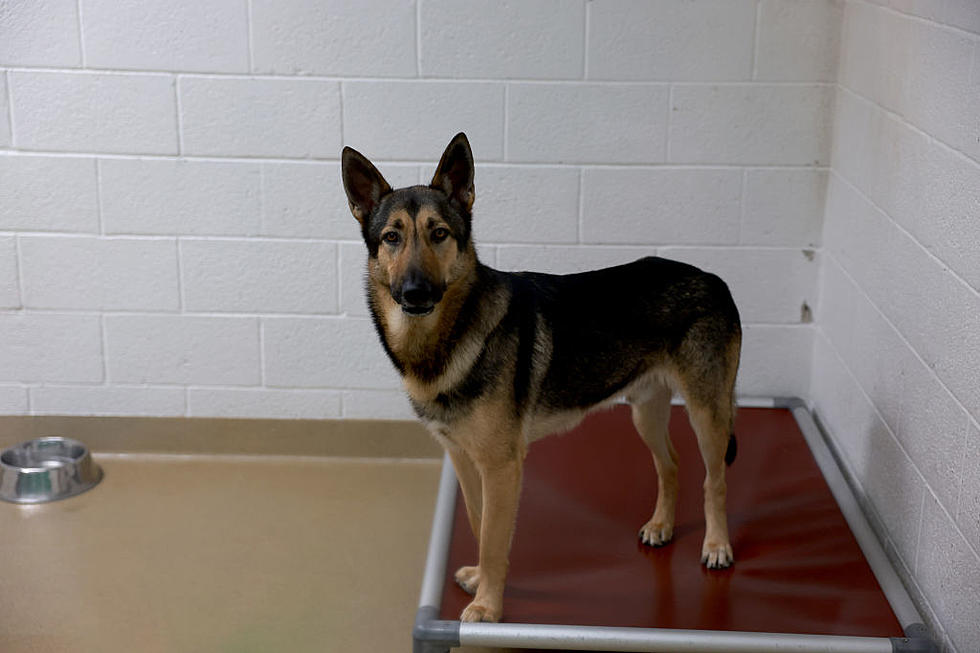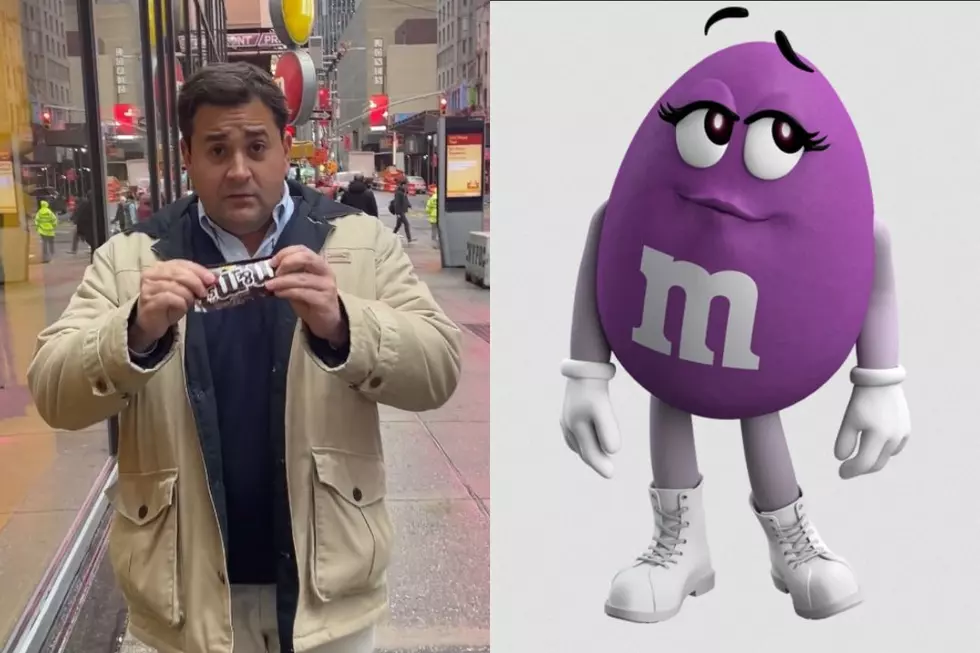
Proposed WA Bill Could Result in Renters Having to Get Rid of Pets
A proposed WA State bill introduced by Democratic legislators will likely backfire on renters who have pets, says an expert from the WA Policy Center.
The proposed bill would cap pet deposits at $150 for renters
Democratic Senator Drew Hansen, who represents the 23rd legislative district (Northern Kitsap County and Bainbridge Island) has introduced Senate Bill (SB) 6064, which would cap the amount landlords can charge renters for their pet deposit at $150. Supporters say it's aimed at making renting more affordable.
Current WA State law says a landlord can only charge up to 25 percent of the tenant's first full month of rent, however, there are some exceptions. With many rents at or just over $1,000 (on the low end), this would be a pet deposit of at least $250. The allowable exceptions cannot make the deposit "unreasonable."
Currently in WA, these fees can range anywhere from $200 to just under $500.
Hansen's bill, according to The WA Policy Center's Small Business Reporter Mark Harmsworth, would likely result in many or most landlords banning pets altogether.
Harmsworth points out the pet deposit is needed to clean carpets and do other repairs once a client leaves, or even during the time they are there under certain conditions.
Even without today's inflation, he points out that $150 will not likely even cover carpet cleaning, leaving the landlord or owner with what could be a sizeable bill.
We looked up some figures in WA state for what average carpet cleaning costs are going for these days. On average, most cleaners charge anywhere from $.25 to $.75 cents per-square-foot. Using the middle figure of $.50, based upon a smaller 750-square-foot unit, the carpet cleaning cost alone would be around $375.
Even based on the low end, it would still be $37 more than the cap proposed by Hansen. Harmsworth says a lot of landlords do make 'extra' revenue from pet deposits because they don't always have to utilize them--if the tenant takes good care of their unit. He says the reduced pet deposit will have many landlords decide it's not worth the cost, and will just ban pets altogether.

This bill, if it passes, would likely trigger a wave of pet bans in rental units, resulting in higher overall rent for all of the tenants, as the landlords would try to make up the lost pet deposit revenue.
LOOK: What major laws were passed the year you were born?
Gallery Credit: Katelyn Leboff
More From KMGWFM








